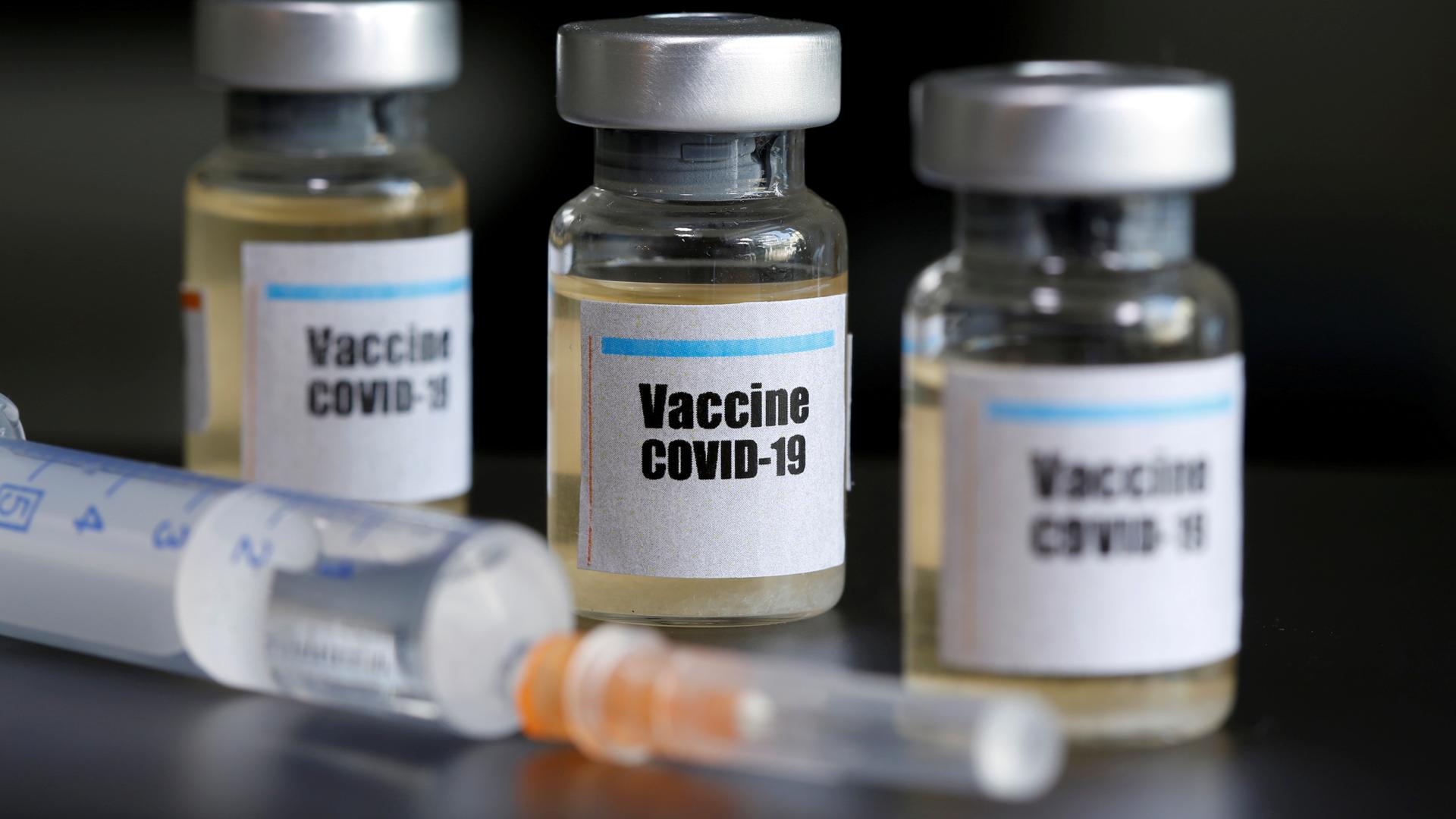The British government hosted a vaccine summit on Thursday, raising around $9 billion, to immunise children in developing countries and to discuss how any potential vaccine against the new coronavirus might be distributed globally — and fairly.
The United Nations and the International Red Cross and Red Crescent Movement have urged that “a people’s vaccine” be developed for Covid-19 that would be freely available to everyone, calling it a “moral imperative.”
Thursday’s event was a pledging conference for the vaccines alliance GAVI, which says the funds will be used to vaccinate about 300 million children in dozens of countries against diseases like malaria, pneumonia and HPV.
GAVI is also expected to start a new “advance market commitment” mechanism that it hopes will enable developing countries to get any effective Covid-19 vaccine when available.
It said the alliance had raised $8.8 billion from international donor governments, companies and philanthropic foundations to fund its immunisation programmes through to 2025.
But experts pointed out that the unprecedented pandemic — where arguably every country will be clamouring for a vaccine — may make such discussions extremely messy.
Covid-19 shouldn’t deepen injustices – Erdogan
Turkish president has said coronavirus vaccination should be a common property of all humankind and produced at an adequate quantity for all.
In a video message issued for the 2020 Global Vaccination Summit held in London, Recep Tayyip Erdogan said the outbreak should not be allowed to lead to further divisions in the world.
“There is no doubt that the availability of the vaccine to humanity as a whole and its production in adequate quantities for all are critical as its development,” he said.
“Covid-19 has reminded us once again that we are actually one big family sharing a common fate and future,” Erdogan noted, adding Turkey dispatched various healthcare equipment worldwide for the sake of global solidarity.
He also said the pandemic should not be allowed to further deepen the injustices across the world.
Global cooperation urged
And the worldwide scramble for masks and ventilators that erupted in the early stages of the pandemic — where countries like France requisitioned the country’s entire supply of masks and the US apparently paid off the shippers of loads already on airplanes to obtain ventilators — are not encouraging signs that there will be much global cooperation if and when a coronavirus vaccine is available.
“Rich countries will most likely try to push their way to the front of the queue, leaving poorer countries at the back, and that’s a problem,” said Jimmy Whitworth, a professor of international public health at the London School of Hygiene and Tropical Medicine.
“I can’t imagine any country saying, ‘Africa’s need is greater than ours, so they can get the vaccine first and we’ll remain vulnerable.’”
As of Thursday, more than 6.5 million people worldwide have been confirmed infected with the coronavirus and more than 386,000 have died, according to data compiled by Johns Hopkins University. The actual number of infections is thought to be much higher, due to limits on testing and many asymptomatic cases.
Both in the US and around the world, it is the poorest and most vulnerable who have been the hardest hit, UN Secretary-General Antonio Guterres said in a video message.
A health crisis in conditions where social distancing is “an impossible luxury” and health care, water and sanitation are often hard to find is made worse by their economic plight and by pandemic-related restrictions on movement, he said.










Discussion about this post